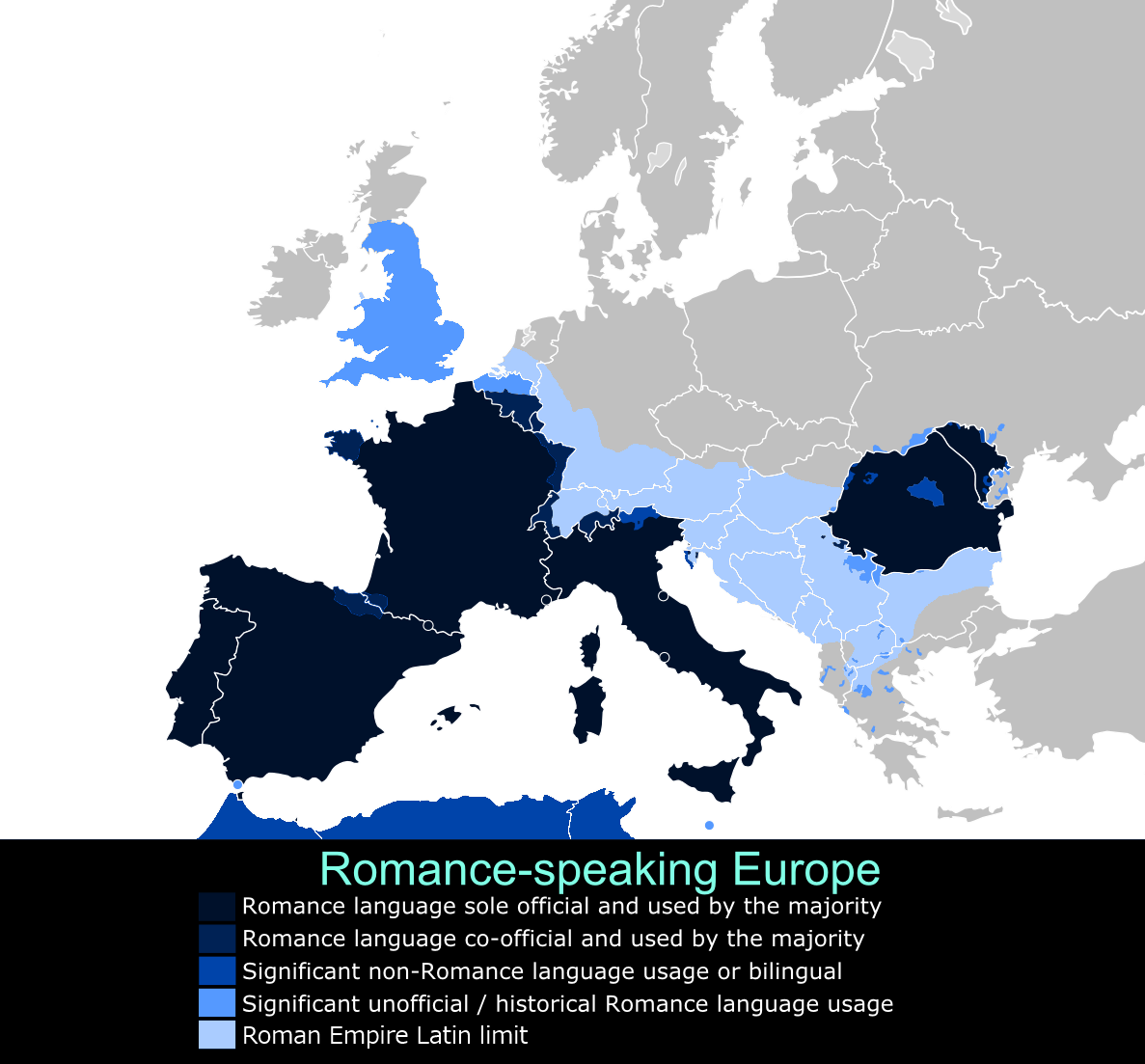fixed. You could also refer to Dachs' post last week regarding how the term "civilization" is really only useful inasmuch as people in historical eras thought it was a useful term, but the concept in of itself is not at all very meaningful, useful, or even sensible. Those are essentially my thoughts on civilization, and likewise for race and nationality. They don't really have any meaning in of themselves and are just ways for people to draw arbitrary lines between Things (many of which, mind, ceased to exist thousands of years ago) they like and Things they do not like. I have elaborated on this in many different threads over the years (god has it been that long).
Take an example: people often distinguish between "Celts" and "Romans" as two "civilizations" of classical Europe. But what the hell does that mean? Rome/Roman can mean multiple things: A city, a confederation of city leagues/territorial republic/empire which were all more or less united by one (admittedly very surprisingly) homogeneous language. "Celt" refers to an entire
language group. It's like calling the: [Spanish, French, Italian, Romanian, Catalan, Portuguese, Sicilian, and Occitan]/[German, English, Dutch, Frisian, Bavarian, Swiss, Prussian, Franconian, Goth, Vandal, Norwegian, Swedish, Danish, Icelandic, Scots, Alemannic, Franks, Saxon, etc. going back literally thousands of years] one singular homogeneous entity. These things aren't comparable in size, composition, or homogeneity. This stuff is largely painted by bias, both personal (we identify with Romans so we tend to view them as more important due to teleology), and academic (Celtic speaking peoples didn't tend to write things down, so we don't know a whole lot about them, relatively speaking). The weird thing about this is that often in these lists you'll see people differentiate between North Germanic (that is, all the descendants of Old Norse), German (one descendant of a Weser-Rhine language), and English (one descendant of a Niederdeutsch/Sachsisch language), I don't think I've ever heard someone on here at the very least divide Celtic into Brythonic and Continental (and possibly Cisalpine/Celtiberian/etc.).
But even then we're still just talking about languages. Although languages can create strong ethnic ties and identity, they shouldn't be used as a substitute for it. America and the UK both speak English, but would you call them one civilization or race (or subrace) or whatever? When you use the term "Nordic" [sic: should be Norse; Nordic is a race in Elder Scrolls] or Celtic you're refer to a group of tens or possibly hundreds of distinct languages spoken by thousands of people in a time before state apparati the size and complexity the likes of the US or hell, 17th century France were even conceivable, let alone possible or desirable. Nothing about these language groups implies any kind of homogeneity of thought, culture, or political system. All these language groups are saying is that, hey, "Hund" and "hound" and "hund" and "hond" all sound remarkably similar, maybe they came from a singular source. But that says nothing,
nothing about the people who used these words or implies that these people were one genetic entity.
As to the concept of race, you could refer to any number of past Dachs, or Masada posts, or Guy Halsall blog posts about how it's generally not a good idea to try looking at genetic diversity in a region so geographically small as Europe and a span as temporally minuscule as a couple thousands years because your findings are not going to say much, and may even be misleading.
Romans are Latins. Greeks are Mycenaeans. And French are Celts.
As above: Latin is a language, "Mycenean" is an archaeological group which ceased to exist thousands of years ago, as well as a language which ceased to exist thousands of years ago, and Celtic is a language group, to which French does not belong. Linguistically French is much closer to German than it is to any Celtic language.





